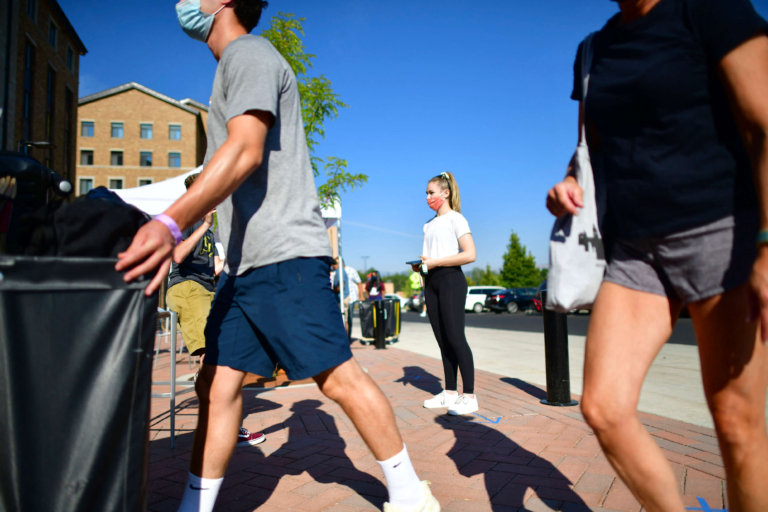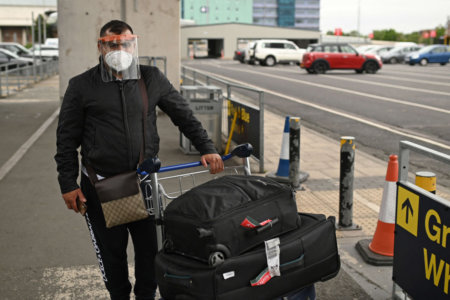
With vaccine rollouts underway and selected countries gradually reopening their borders to international students, many are rushing to ensure a smooth return to university for the fall semester. Depending on the destination, students might expect to learn on campus, remotely, or a combination of the two for what is expected to be an unprecedented semester. As the summer holidays come to an end, here are some general guidelines to keep in mind for those preparing to head back to campus:
Keep an eye on your emails and school websites
Many universities have been sending out regular email updates to students to help them stay up-to-date with new announcements, policies and advice relating to the pandemic that would affect students and the faculty. This makes it essential for incoming students to regularly monitor their emails and their university’s website and social media platforms for updates.
This could include information about vaccine requirements to quarantine rules and details about key examinations. Be sure to check your university’s COVID-19 FAQ’s; if in doubt, contact your university. While some offices might be closed, many are still operating virtually and will still respond to emails.
Study permit and visa requirements
Lockdowns and travel restrictions have contributed to backlogs and delays in visa processing for certain countries, which can cause anxiety for affected students. Canada, for instance, notes that while they aim to process study permit applications as quickly as possible, they can’t guarantee that students will get a final decision before the fall semester begins as some applications might take longer to process.
If you’ve secured a spot to head to campus this fall semester, don’t delay preparations for obtaining your visa and other arrangements. Contact your university for information if you are unable to secure your student visa in time for the fall semester — you could make arrangements such as deferring your semester or learn virtually until you can safely travel to your university.
Quarantining and COVID-19 travel restrictions
Regardless of whether you’re a returning student, or heading to study in the US, UK, Canada or elsewhere for the first time, be sure to check the relevant government websites for COVID-19 related updates. Restrictions could change with little notice.
The UK, for instance, has a traffic light system in which countries are rated as red, amber or green for COVID-19. Where you’re travelling from could affect the quarantine rules that might apply to you. Red list countries are those the UK government says present the highest risk from the pandemic. Those on the green list allows travellers from certain countries to travel to the UK without having to quarantine.
View this post on Instagram
In Canada, selected groups no longer need to quarantine in Canada if they are fully vaccinated. International students who are not vaccinated — or have received vaccines that are not recognised by the Canadian government — still have to quarantine in Canada and test thrice (pre-departure, on arrival, and day eight) to get through. In the US, though the travel ban against travellers from India is still in effect, international students with US student visas are exempted.
You might want to check if your university will reimburse your quarantine costs. Some universities in the UK, for instance, have said they will partially cover the costs of mandated hotel quarantine for new and returning students travelling from red-list countries.
Prepare for the unexpected
Countries worldwide are still in the throes of a pandemic, with new strains of COVID-19, such as the Delta variant, proving to be more transmissible than previous iterations of the virus. While responses will vary between universities in different countries, not all students will enjoy the traditional college experience.
Some universities might limit the number of students on campus, including prioritising certain groups of students, such as freshmen or seniors, back to campus. Large events or gatherings will also likely be limited or cancelled. Reports indicate that although students may be allowed to go back on-campus for some universities, many institutions may still offer a combination of on-campus and online learning.
Masks mandates might also vary. Some universities have made face masks optional for vaccinated students and staff. Unvaccinated students may be required to wear masks on-campus, or whenever they are around others.










